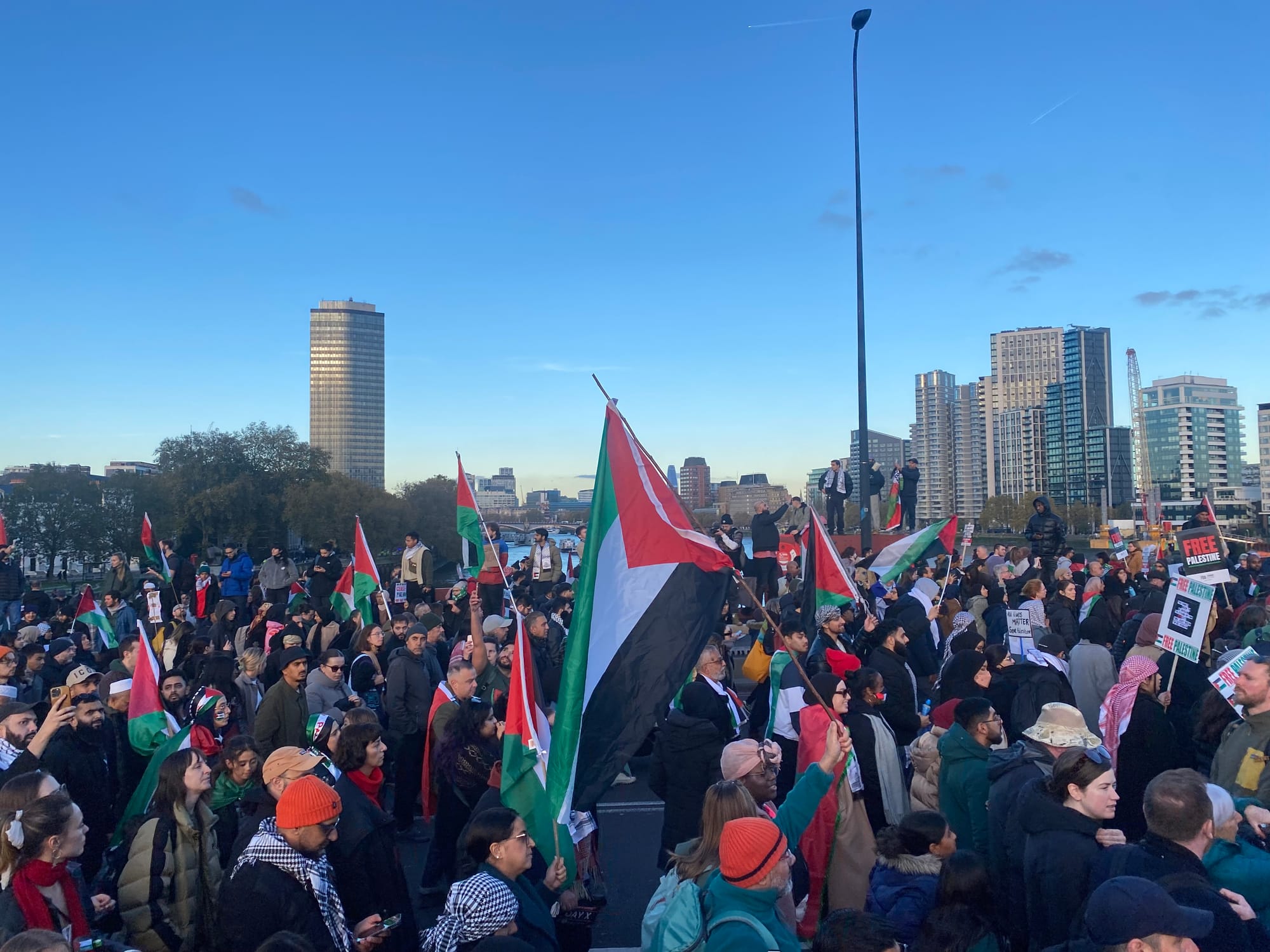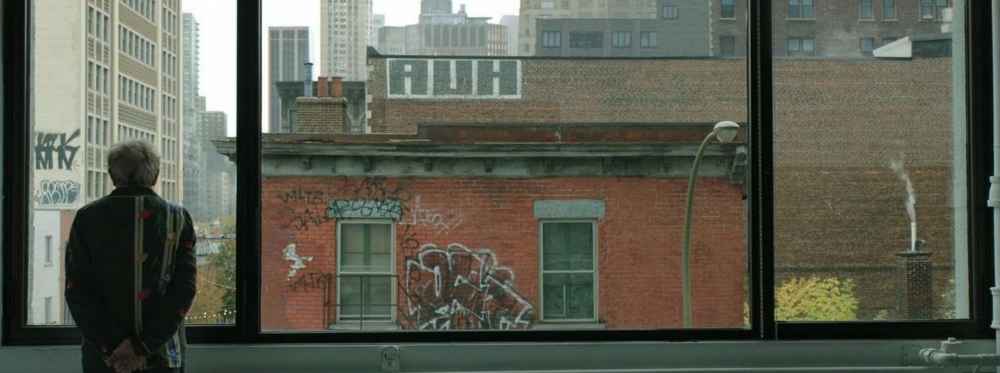By George Dean, Proofreader
Throughout the ongoing genocide in Gaza there has been prevalent anti-Palestinian bias in the Western media, recently emphasised in December 2023 by OpenDemocracy’s media research study on BBC reporting, which has proven that 'Palestinian perspectives were given far less time and legitimacy' than Israeli perspectives.
In a similar vein, there has been widespread censorship and suppression of Palestinian / Palestine-sympathising creatives; this has been evidenced here in Bristol by the Arnolfini gallery, which in November 2023 removed two events set to be part of the Palestine Film Festival, including a screening of Farha (2021) and a poetry reading led by activist and rapper Lowkey, whose songs include critiques of Israeli occupation and apartheid.
In light of these trends, it is more vital than ever before to shine a light on Palestinian art forms; film is an area with rich creative offerings and has proven a compelling way to present narratives of Palestinian struggle and resistance.

They Do Not Exist (Mustafa Abu Ali, 1974)
Available on YouTube, They Do Not Exist is a righteous call to Palestinian resistance. Ali established the film division of the Palestine Liberation Organisation (PLO), and has been heralded as the ‘founding father’ of Palestinian cinema.
In this film, he blends documentary and fiction to astounding effect. The opening shots depict ordinary life – children playing, women at food stalls, men drinking coffee. This is intertwined with footage of Fida'e revolutionaries, during which the Palestine resistance song Fedayee is played. There is coverage of a fatal Israeli air raid against Nabatieh refugee camp, May 16 1974; there is a sense of cruel irony as harmonious classical music is played over a scene of Israeli fighter jets being loaded with bombs.
Ali draws attention to the rhetoric of Israeli political leaders, which makes for haunting parallels to statements of genocidal intent since October 7 which South Africa referred to in their case to the International Court of Justice (ICJ); a pertinent example was from Golda Meir (Prime Minister 1969-74): 'Palestinians!!! whom they are..?? they never EXIST'. During the attack, a quarter of Nabatieh camps were razed – a speech by a member of the Palestinian resistance outlined that these 'barbaric raids against refugee camps' revealed the 'fascist mentality of the Zionist leaders in Israel' and 'prove[s] the intentions of genocide.'
Ali effectively demonstrates how sustained violent oppression inevitably foments anger and desperation, thus creating the conditions for armed resistance: the final shot depicts a man sitting pensively, wearing a keffiyeh, plagued by traumatic visions of violent conflict.
The Tale of the Three Lost Jewels (Michel Khleifi, 1995)

Accessible on YouTube, The Tale of the Three Lost Jewels harnesses magical realism to explore how two Palestinian children attempt to construct a viable youth during the First Intifada (1987-93), in which Palestinian resistance to Israeli military occupation was met with brutal and disproportionate countermeasures.
The film is centered around a dreamy, gentle young boy named Yusef, whose father has been imprisoned and whose brother is on the run. He becomes infatuated by a gypsy girl, Aida, headstrong and enigmatic. Yusef and Aida develop a tender love for each other, centered around the inter-weaving of their vivid and expansive imaginations. The picture of Palestine which Khleifi fosters is not only one of military occupation, checkpoints and curfews, but also the colour, warmth and joy which remain in the heart of Palestine.
It Must Be Heaven (Elia Suleiman, 2019)

Suleiman explores the psychological experiences of Palestinian diaspora, through deadpan and surrealist dark comedy. The protagonist is played by, and intimately based upon, Suleiman himself, giving the viewer an insight into the dark intricacies of his mind and self. Seeking an escape from his home in Nazareth, he travels to Paris and New York. Both cities are near deserted, and under repressive military occupation and police surveillance.
Suleiman’s speech is minimal, meaning that a sense of quiet terror pervades throughout the film, thus exposing the blind indifference which frequently defines European and North American responses to Palestinian suffering. Notably, there are meta moments which document Suleiman’s alienating experiences within the film industry; comedy is thought-provokingly harnessed as a form of nonviolent resistance. It Must Be Heaven is available to watch on BFI Player.
Farha (Darin J. Sallam, 2021)

Farha re-tells the horrifying events of Al-Nakba (the Catastrophe) through the eyes of a 14-year-old girl, Farha, whose dreams of being educated and opening a school for girls are quashed. Between 1947 and 1949 during Al-Nakba, 700,000 Palestinians were violently displaced from their homes; harrowingly, the death toll of Palestinian civilians since October 7 has now surpassed 25,000, which exceeds the total death toll of Al-Nakba. When their village is attacked, Farha’s father hides her in a storage room; she later sees a Palestinian family, including two young children and one baby, lined up on a wall and murdered in cold blood by Zionist militias. The plot of Farha was based on a story that Sallam heard from one of her mother’s friends; Sallam has stated that whilst she did not deliberately attempt to do this, there are clear parallels to be drawn with Anne Frank. Farha is available to stream on Netflix.
Follow this link to create your free BFI player account.









